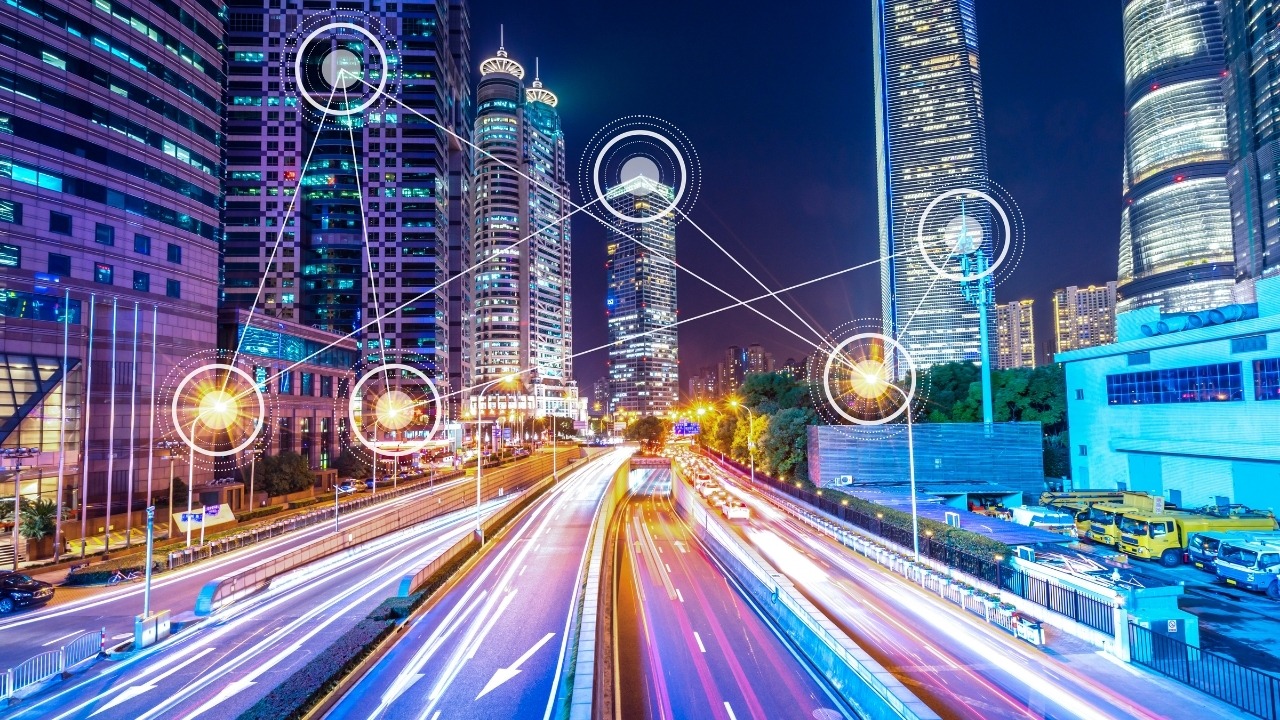Advantages and disadvantages of Smart Cities

Smart Cities are those metropolises that incorporate Information and Communication Technologies (ICT) for urban management, with the purpose of migrating them from the traditional to the digital and thus, improve the efficiency of operations and the provision of services.
The priority for smart cities is the development of infrastructure, with the aim of improving the economy, the environment, social, cultural and urban development, therefore, invest efforts in improving communication channels so that various services such as housing, entertainment, telecommunications, among others are interconnected.
Smart cities are a sign of development and entrepreneurship, and in turn, represent an important advance for the world and for the countries that host them; among their main benefits are the following.

Investing in smart cities, a tool to live better in the future and obtain profitability now
The objective of silvicultural practices is to ensure the sustainability of goods and services, increasing the resilience and resistance of forests, that is, their capacity to recover and adapt to climate change.
Advantages
- Effective decision-making based on data.
- Creation of safer communities.
- Improved urban transportation.
- Improving the environment through various systems.
- Optimization of time in hospital and public service lines.
- Evolution towards the Internet of Things (IoT).
- Implementation of new business opportunities.
- Creation of services that respond more effectively to the needs of citizens.
- Automatic and efficient urban management.
- Reduction of both economic and natural input costs.
However, despite the multiple advantages they offer, there are some disadvantages applied to smart cities.
Disadvantages
- Significant capital investment in technology is required.
- There is a dependence on technology service companies.
- Real estate becomes more expensive, as it is more difficult to build and execute.
- Larger technological gaps open up between Smart Cities and other cities.
- Considerable increase in electronic waste.
The Smart City Index 2020 presented the smartest cities in the world, which ranks them based on economic and technological data, as well as on the opinions of their inhabitants.
The first place in the ranking was occupied by Singapore, a city that, through the use of technology, is able to face challenges such as demographic growth, climate change and poverty. Second place went to the city of Helsinki, which is taking action to reduce its carbon dioxide (CO2) emissions and improve the quality of life of its residents. In third place we can find Zurich, a metropolis that sets the highest standards of quality of life and is supported by an ecosystem of smart companies, which work together with different industries to launch new projects.
In this way, Smart Cities are attractive not only for their inhabitants, but also for entrepreneurs and investors, as they represent a safe space for the injection of capital.
Related news
-

Keys to the development of smart cities
The world faces multiple global challenges. From sustainable development of smart cities to democratization, there are many unique opened questions related to the future of humanity specially related to the global urbanization and its infrastructure.
-

















